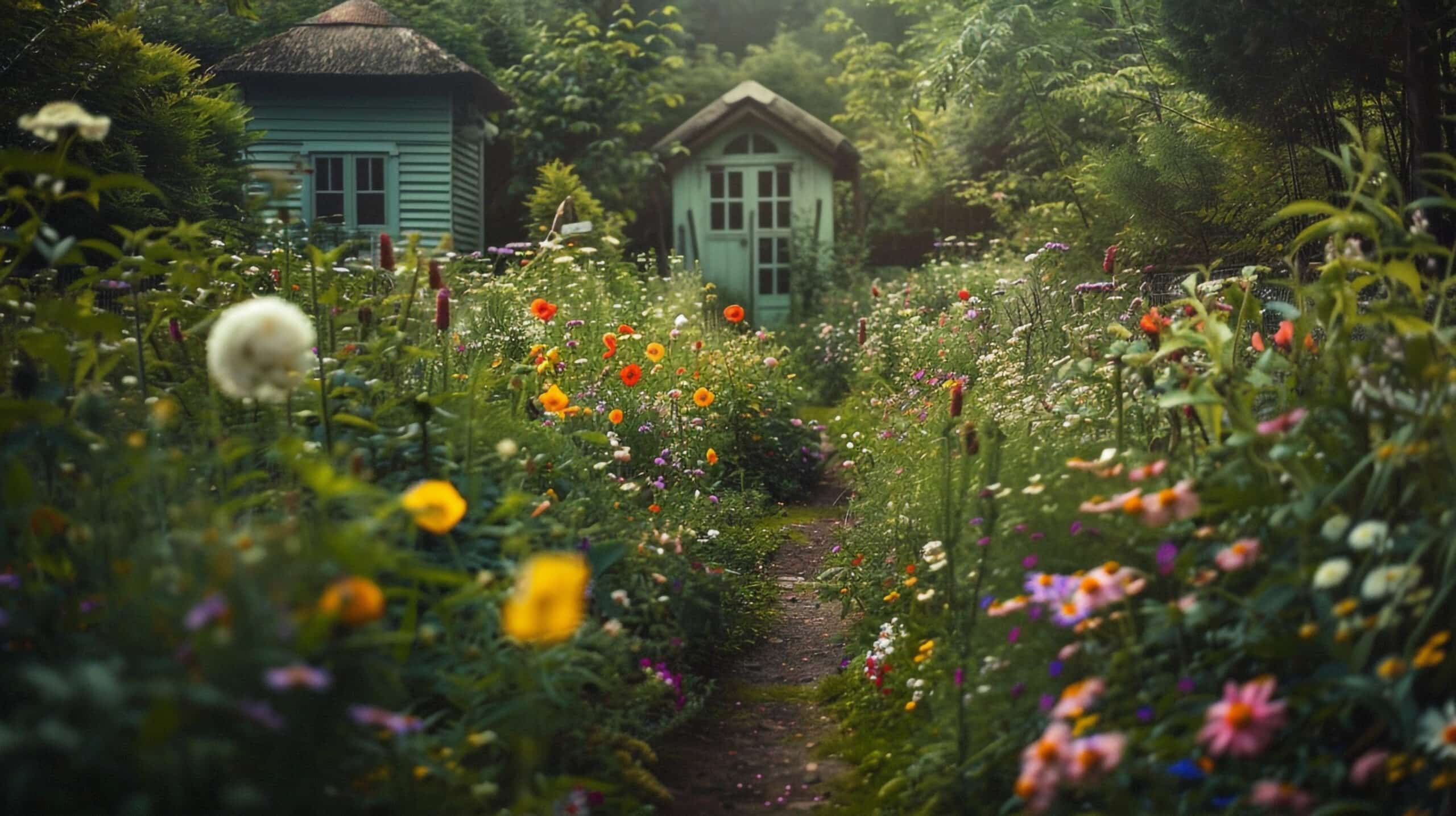When Should I Start My First Garden?
Key Takeaways
- Regional Considerations: The timing for starting a garden depends on your specific region and climate. Use tools like the Almanac’s Best Planting Dates to determine the right time for your area.
- Planting Calendar: The Old Farmer’s Almanac provides a Planting Calendar by Zip Code for accurate planting dates. Enter your zip code to access specific information for vegetables, fruits, and herbs.
- Tips for Beginners: Start small, choose a sunny spot with good drainage, pick easy-to-grow vegetables, plant at the right time, take care of your plants, learn from experience, and consider local resources like the County Cooperative Extension Service.
Starting a garden can be a rewarding and fulfilling experience. Whether you are interested in growing fresh fruits and vegetables, learning about food production, or simply enjoying a hobby in nature, gardening offers a multitude of benefits. But when is the best time to start your first garden? Let’s explore the factors to consider and find the perfect time to begin.
1. Regional Considerations
The timing for starting a garden can vary depending on your specific region and climate. Different plants have different temperature and sunlight requirements, so it’s important to choose the right time for your area. The Almanac’s Best Planting Dates tool can provide customized planting dates based on your local frost dates, helping you determine when to start your garden.
2. Planting Calendar
The Old Farmer’s Almanac also offers a comprehensive Planting Calendar by Zip Code for the year 2024. By entering your zip code or postal code, you can access specific planting dates for vegetables, fruits, and herbs. This resource ensures that you have accurate information tailored to your location, taking the guesswork out of when to start your garden.
3. Tips for Beginners
If you’re new to gardening, it’s important to start small and learn from your experiences. Here are some tips to help you get started:
- Choose a sunny spot: Select a location in your yard that receives at least 6-8 hours of full sun daily and has good drainage.
- Pick the right vegetables: Start with easy-to-grow vegetables such as lettuce, radishes, green beans, peas, zucchini, carrots, beets, spinach, or kale. Choose vegetables that you enjoy eating.
- Plant at the right time: Follow the instructions on the seed packet or plant information tag to determine the best time to plant each vegetable. Consider warm-season and cool-season crops.
- Take care of your plants: Leave enough space between plants for air circulation, consider using raised beds if your soil is not ideal, stake tall plants to save space, control weeds, water properly, and use mulch to keep moisture in the soil.
- Learn from experience: Take note of what works and what doesn’t in your garden to plan for future seasons.
- Consider local resources: Contact your local County Cooperative Extension Service for advice specific to your area.
- Enjoy the process: Gardening can be a rewarding and enjoyable hobby that connects you with nature and provides fresh produce for your family and friends.
4. Benefits of Starting a Garden
Starting a garden offers numerous benefits that make it worth the effort. Gardening can help fight disease, build strength, improve memory, boost mood, reduce stress, aid in addiction recovery, foster human connections, heal and empower, combat ecoanxiety, and provide a sense of agency and empowerment.
Additionally, gardening gives you access to fresh fruits and vegetables, provides learning opportunities about food production, and allows you to spend time in nature. It can also be beneficial for the ecosystem and provide a way to get outside and be active.
Conclusion
When it comes to starting your first garden, timing is key. By considering your region’s climate, utilizing planting calendars, and following expert tips for beginners, you can ensure a successful gardening experience. Remember to start small, choose the right vegetables, and take care of your plants. Embrace the benefits of gardening and enjoy the process of growing your own food while connecting with nature.
Related Websites:
FAQs:
Q: Why is it important to consider the climate and weather conditions when starting a garden?
Considering the climate and weather conditions is crucial for successful gardening because different vegetables require specific temperature ranges for optimal growth. By understanding your local climate, you can choose vegetables that are suitable for your area and ensure their success.
Q: What are frost dates and how do they impact gardening?
Frost dates refer to the last spring frost date and the first fall frost date in your local area. These dates are important to know because they affect the planting and harvesting schedule for various vegetables. Understanding frost dates helps you avoid planting too early and risking damage to your plants.
Q: Why is soil quality important for successful gardening?
Soil quality plays a vital role in gardening as it directly affects the growth and health of your plants. By testing your soil and understanding its fertility and pH level, you can make necessary improvements through amendments and organic matter. Good soil quality ensures that your plants receive the necessary nutrients for optimal growth.
Q: What are cool-season and warm-season vegetables?
Cool-season vegetables prefer cooler temperatures, while warm-season vegetables thrive in warmer temperatures. Examples of cool-season vegetables include lettuce, spinach, and peas, which are best planted in early spring or fall. Warm-season vegetables like tomatoes, peppers, and cucumbers should be planted after the last spring frost date to ensure they have enough warmth to grow.
Q: Should I start with transplants or seedlings instead of direct sowing?
Using transplants or seedlings is a great option for beginners or those who want to speed up the gardening process. Transplants offer the benefit of being more established and can be planted at the optimal time. Seedlings can be grown indoors and then transplanted into the garden. This method ensures a higher success rate and allows for earlier planting.






